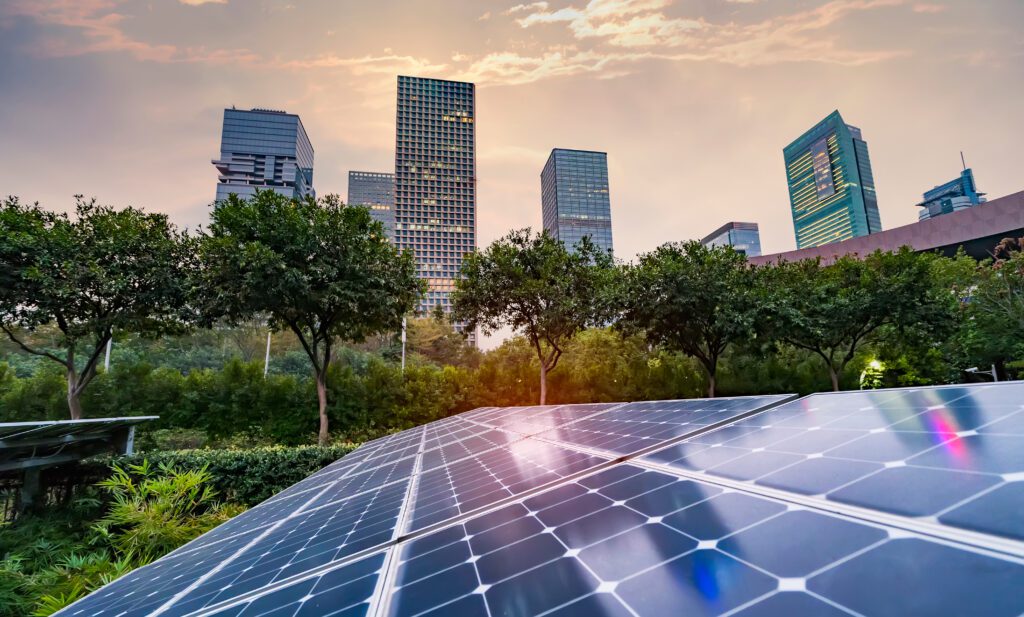Arche Energy provides clean energy advisory and consultancy services across Australia. On crucial energy transition projects Arche provides strategic technical development services. Arche’s dedicated senior resources provide procurement support as part of EOI selection panels and tender review panels.
They also liaise with many stakeholders to ensure that projects across each REZ are coordinated and ready for financial close when the infrastructure is ready. Contact Arche today for customised clean energy solutions.

Arche Energy provides ongoing:
On crucial energy transition projects Arche provides strategic technical development services.
Arche’s dedicated senior resources provide procurement support as part of EOI selection panels and tender review panels.
They also liaise with many stakeholders to ensure that projects across each REZ are coordinated and ready for financial close when the infrastructure is ready.

Clean energy advisories and consultancy support clients in their transition to cleaner energy sources, maximise energy efficiency and navigate the evolving landscape of renewable energy policies and technologies.
As a clean energy advisory, Arche provides:
Project management for an energy project involves coordinating and overseeing all aspects of the project’s lifecycle.
It includes:
Project managers are responsible for ensuring the project is delivered on time, within budget, and according to specifications.
They also assess and mitigate risks, identify opportunities for improvement and ensure compliance with relevant regulations and safety standards.
Effective project management is essential for ensuring that goals are met, resources are optimised and stakeholders are satisfied.
Engineering management for clean energy projects involves overseeing the technical aspects of planning, designing and implementing renewable energy initiatives while effectively managing resources, budgets, timelines and teams.
It combines engineering expertise with project management skills to ensure the successful execution of clean energy projects.
Key elements of engineering management for clean energy projects include:
Effective approvals management is critical for the successful development and implementation of energy projects.
It requires a thorough understanding of the regulatory landscape, expertise in navigating complex approval processes, and strong communication and coordination skills.
By managing the approvals process efficiently energy projects can effectively comply with regulations, meet environmental and safety standards, and gain the necessary permissions to proceed with construction and operation.
It involves navigating the complex regulatory framework and complying with various environmental, safety, and land use regulations.
The approvals management process typically involves the following steps.
2. Developing a regulatory strategy
3. Preparing permit applications
4. Engaging with regulatory authorities
5. Stakeholder engagement
6. Compliance monitoring
7. Mitigating project risks
Business case development involves evaluating the financial, strategic, and operational viability of a proposed business project or initiative.
It entails gathering and analysing relevant data, conducting cost-benefit analyses, and assessing the potential risks and rewards associated with the project.
The goal is to provide a comprehensive and compelling argument for investing resources and effort into the proposed venture.
Key elements of business case development include project description and objectives, market analysis, financial analysis, risk assessment and mitigation, strategic alignment, stakeholder analysis, evaluation of alternatives and presentation and communication
A logistics study involves the analysis of an organisation’s supply chain and distribution processes.
This includes examining key performance indicators (KPIs) such as delivery times, transportation costs, inventory turnover, and order accuracy.
The aim of a logistics study is to identify opportunities for improvement, cost reduction and increased operational efficiency within the logistics function.
The study typically covers a range of activities, including transportation, inventory management, warehousing, packaging and order fulfilment.
The study may involve mapping out the flow of goods and information throughout the supply chain, identifying bottlenecks, and pinpointing areas of inefficiency or waste.
The findings of the logistics study are used to develop recommendations and strategies to enhance logistics operations.
A prefeasibility study involves conducting an initial assessment to determine a project’s viability before proceeding with a full feasibility study.
It includes evaluating technical aspects like energy resource availability and site suitability, as well as conducting a preliminary market analysis to assess potential demand and competition.
A financial evaluation estimates costs, revenue streams, and potential returns on investment, while a risk assessment identifies potential challenges and develops mitigation strategies.
An environmental impact assessment examines potential environmental concerns and regulatory requirements.
A prefeasibility study also outlines a project timeline and implementation plan.
A concept study is the initial evaluation of the project’s feasibility and basic parameters.
It includes:
The study helps stakeholders understand the project’s basic shape, determine its technical feasibility, estimate costs, and identify any regulatory or environmental considerations.
It serves as a foundation for further project development and investment decisions, allowing stakeholders to assess the project’s potential before committing to more detailed studies or resource allocation.
A CCS prospective study for an energy project involves evaluating the feasibility and potential of Carbon Capture and Storage (CCS) technology.
It includes assessing the technical aspects of implementing CCS, evaluating available CO2 storage sites, estimating costs, conducting an environmental impact assessment and considering regulatory and policy factors.
The study will:
The study helps stakeholders make informed decisions about the viability and integration of CCS technology into the energy project, considering technical, financial, environmental, and regulatory aspects.

Hybrid, renewable, peaking Integrated Gasification Combined Cycle (IGCC) baseload generation systems are a type of power generation that combines multiple energy sources to provide a reliable and efficient electricity supply.
Here’s a breakdown of each component.
A hybrid generation system combines two or more energy sources to generate electricity. In power generation, it typically refers to the integration of renewable energy sources with conventional power generation technologies. It allows for a more flexible and reliable energy supply, harnessing the benefits of both renewable and non-renewable sources.
Renewable energy sources are those that can be replenished naturally, such as solar, wind, hydro, biomass, and geothermal. They offer a sustainable and environmentally friendly solution for power generation
Peaking power plants are designed to provide electricity during periods of high demand, typically during peak load hours. These plants are characterised by their ability to quickly ramp up power production to meet the sudden increase in electricity requirements. The peaking component ensures the availability of power during peak demand periods, complementing the generation from other sources.
Integrated Gasification Combined Cycle (IGCC) is a power generation technology that converts solid or liquid fuels into a synthetic gas (syngas) through a process called gasification. The syngas is then used to fuel a gas turbine, and the waste heat from the gas turbine is recovered to produce steam, which drives a steam turbine. IGCC offers high efficiency and low emissions compared to traditional coal-fired power plants, as it allows for the capture and sequestration of carbon dioxide (CO2) emissions.